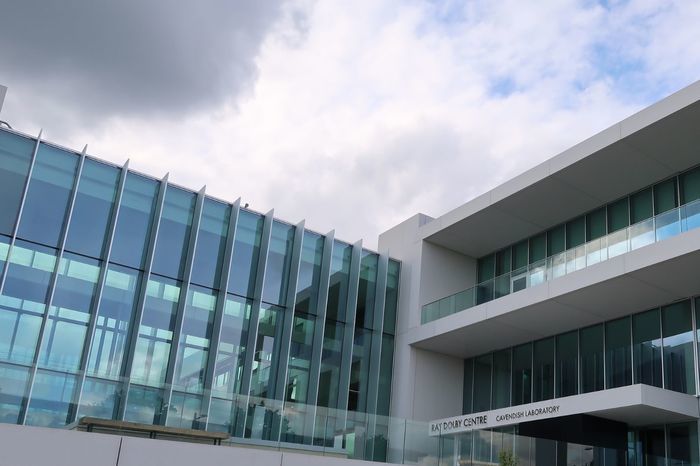Cancer Research UK invests £173 million in Cambridge University
The donation is the largest ever to be given by Cancer Research outside of London

Cancer Research UK (CRUK) has invested £173m in its institute at the University of Cambridge.
The money – the largest grant ever to be awarded by CRUK, outside of London – will be used by to study how cancers grow, develop and spread.
The investment will go to the CRUK Cambridge Institute, located near Addenbrooke’s Hospital. The Institute was established in 2007 and was the first new major cancer research centre in the UK for over 50 years.
Although cancer death rates have fallen in the UK by ten percent, the East of England hosts around 37,400 people who are still diagnosed, with about 15,700 people dying from the disease each year.
Director of CRUK Cambridge, Professor Greg Hannon said: “In a golden era for life sciences, this funding bolsters Cambridge as a major global hub for cancer research on an increasingly competitive worldwide stage and will greatly aid the recruitment of top-tier international talent.”
“The Institute serves as a foundation for the entire Cambridge cancer research community through access to cutting-edge equipment and technical expertise. Only through understanding all aspects of the disease can we prevent, detect and treat cancer so that everybody can lead longer, better lives free from fear of cancer,” he continued.
Hannon also commented on how the new funding will be used specifically to “accelerate its impact for patients, with new schemes […] to embrace new technologies, including the promise of machine learning and artificial intelligence”.
The project is being supported by Fiona Carey, an advanced kidney cancer patient who was diagnosed 23 years ago. She is now 63 and has since worked with leaders at the Cambridge Biomedical Campus to guarantee that patients’ experiences were put first.
Carey, who has said her cancer is incurable, found a tumour, about the size of a baking potato, in a visit to the GP 23 years ago after she had a persistent cough.
“I remember going to fireworks, my son was eight. I thought ‘is he going to have to watch the fireworks for the rest of his life, without his mum? ’” she told BBC Look East.
Today, although still dealing with her cancer, Carey pushes for patients to be involved with, and have their say in the way research is heading. She advocates the importance of patients being offered the right treatment at the right time - as treatments are still being developed.
Vice-chancellor of the University of Cambridge, Prof Deborah Prentice, has commented that Cambridge is “changing the story of cancer”.
She continued: “For many years now, Cancer Research UK has played a vital role in enabling world-leading work. Today’s announcement will ensure our researchers continue to find new ways to transform the lives of patients locally, nationally and internationally.”
 News / SU reluctantly registers controversial women’s soc18 December 2025
News / SU reluctantly registers controversial women’s soc18 December 2025 Features / Should I stay or should I go? Cambridge students and alumni reflect on how their memories stay with them15 December 2025
Features / Should I stay or should I go? Cambridge students and alumni reflect on how their memories stay with them15 December 2025 News / Dons warn PM about Vet School closure16 December 2025
News / Dons warn PM about Vet School closure16 December 2025 News / Cambridge study finds students learn better with notes than AI13 December 2025
News / Cambridge study finds students learn better with notes than AI13 December 2025 News / Uni registers controversial new women’s society28 November 2025
News / Uni registers controversial new women’s society28 November 2025










